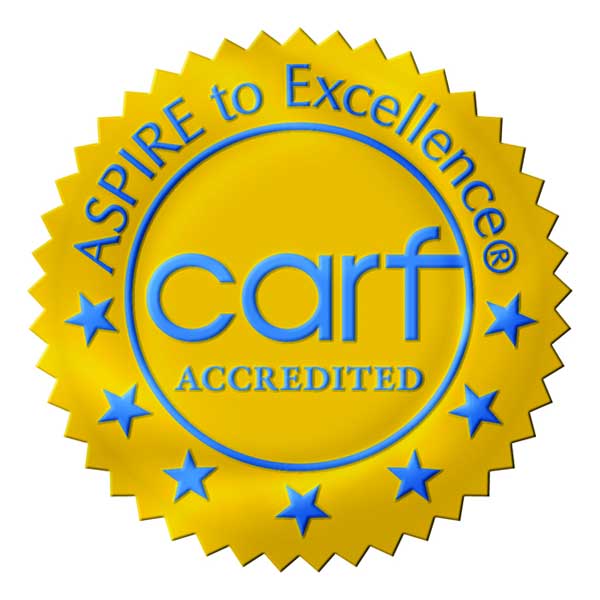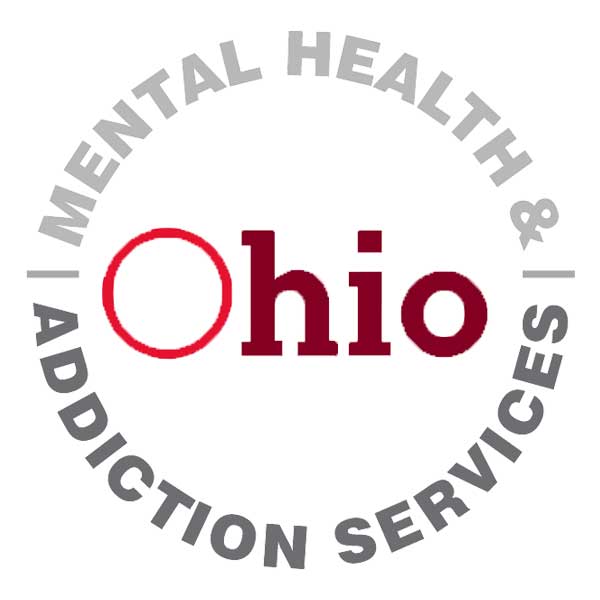RECOVERY STARTS HERE!
513.792.1272
How Should Parents Address Past Use?

Children respond better to anti-drug messages when parents don’t disclose past use of alcohol or other drugs.Recent research, published in the journal Human Communication Research, found that children whose parents did not disclose drug use, but delivered a strong anti-drug message, were more likely to exhibit anti-drug attitudes.
Jennifer A. Kam and Ashley V. Middleton conducted surveys of about 550 students from the sixth through eighth grades. The students reported on the conversations that they have had with their parents about alcohol, cigarettes, and marijuana. Kam and Middleton researched how certain messages related to the students’ substance-use perceptions and behaviors.
Past research suggested that teens may be less likely to use drugs if their parents divulged their own past use. In contrast, Kam and Middleton’s study showed that children were actually less likely to report anti-substance-use perceptions when their parents talked about the negative consequences, including regret, of their own past substance use. This finding means that when parents share their past stories of substance use, even when there is a learning lesson, such messages may have unintended consequences for early adolescent children.
Parents may want to reconsider whether they should talk to their kids about times when they used substances in the past and not volunteer such information.
-Jennifer Kam
What to Address Instead of Past Use
Kam and Middleton’s study identifies specific messages that parents can relay to their children. These can be used to address alcohol, cigarettes, and marijuana, and they may encourage anti-substance-use perceptions, and in turn, discourage actual substance use. These include:
- Negative consequences of using substances
- How to avoid substances
- Disapproval of substance use
- Family rules against substance use
- Stories about others (not parents) who have gotten in trouble from using substances
Significantly, it is best to avoid discussion of your own past use, even when you talk about the negatives. Teens may misinterpret what you are trying to share with them, and it may end up being glorified in their minds.
When a Teen Asks About Past Use
It is fine to deflect from your own use. Use a phrase like, “We aren’t talking about my use right now.” You will probably find that teens who don’t use are less likely to care about parental past use. They aren’t looking to justify their own use. Some parents will offer to share information about their own use at a later time. An appropriate time might be after your child is an adult. Once your child’s brain is (more) fully developed, they will be better able to see the lessons from the stories.
Teens may feel that this is unfair, but as we’ve all heard, life is unfair. As a parent, you are within your rights to share information at the right time for your child. You set the rule. You can run this conversations. Disclosing your past use when your child is a teen is dangerous, and it may send your teen a very harmful and wrong idea.
When a Child Shows Signs of Use
If your child is showing signs of alcohol or other drug use, make sure to take action. Talk about your family’s values of sobriety and legality. Set up a contract with consequences for any future use. Seek help if it occurs more than once or twice. ASAP is always here to help get your child on the road to recovery. Call us at 513.792.1272 to talk about how we can help, set up an assessment, or find out more about education and treatment for alcohol and other drug use.
References
RELATED POSTS
ASAP is Cincinnati's premiere outpatient treatment center for teenagers, young adults, and their families struggling with substance abuse and mental health problems. Our specialized programs include TRIP for adolescents (ages 12-19), PIVOT for young adults (ages 18-26), and Clarity Intensive for those with emotional and behavioral disorders.
SUBSCRIBE
Enter your email address to receive news and information from ASAP.
[sibwp_form id=2]CALL US AT
513.792.1272
OR
Request a call from an ASAP professional










